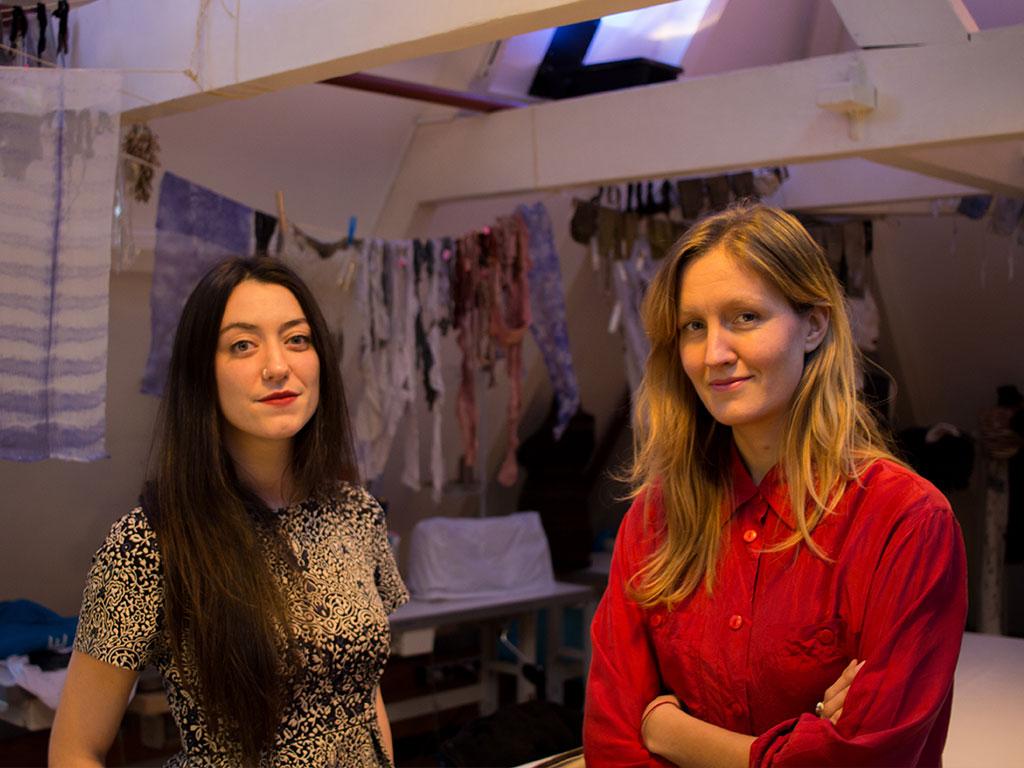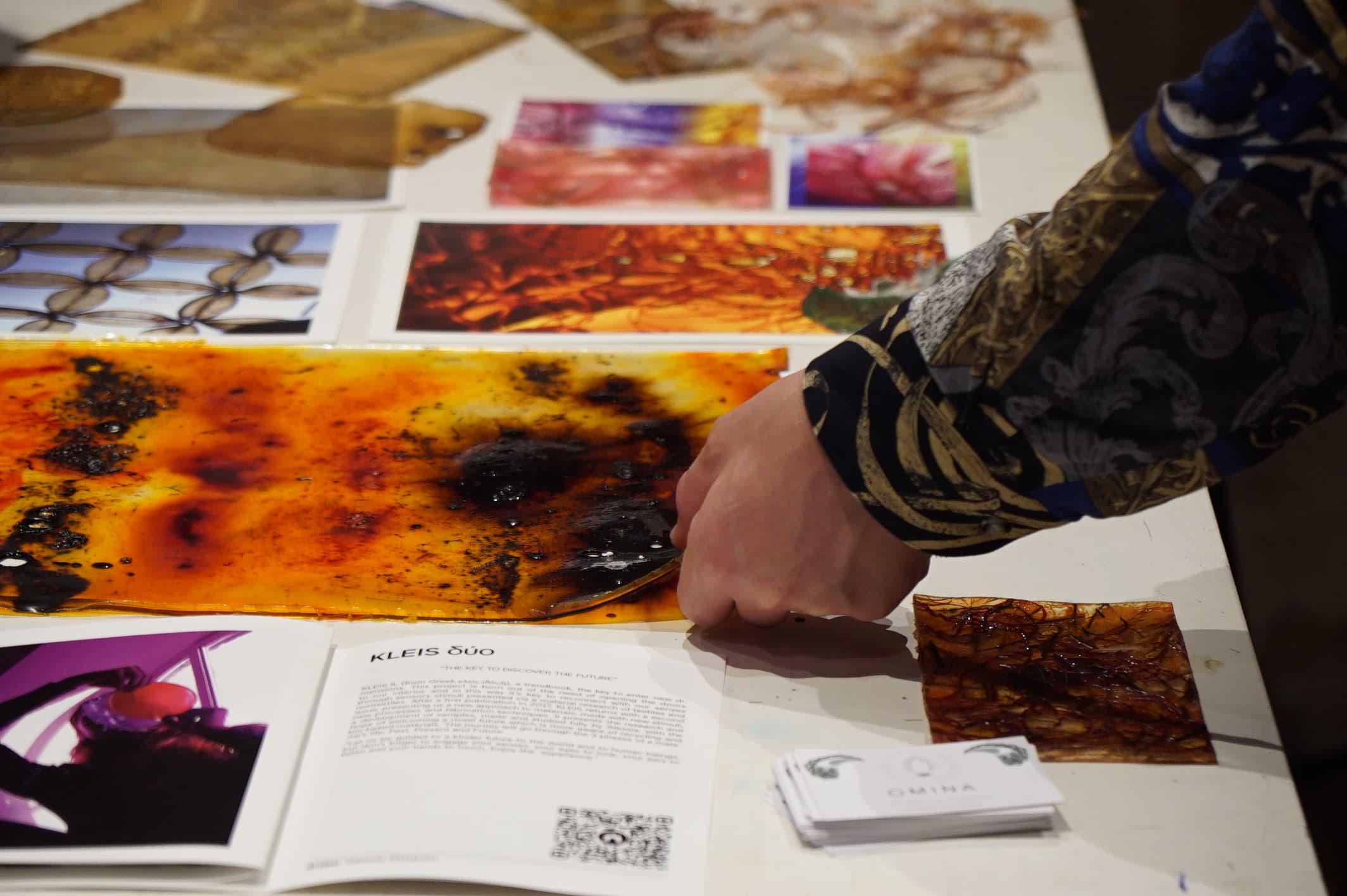You know that weird feeling when you think back on a certain period of time in your life and you realise you no longer understand what your younger self could have possibly been thinking? This phenomenon can usually be observed when we remember clothes we used to wear. Years ago, you felt like a star in certain outfits. Now, you laugh when you see yourself in pictures.
How does this experience work in relation to our values shifting over time? Are we able to reflect on less tangible changes like our relationship to our clothes and how we consume them? Did we think differently ten or twenty years ago? And can we imagine that things considered normal now will be thought of as ridiculous in just a few years? Although this might feel a bit uncomfortable for some of us, it opens doors to hopeful concepts and lots of possibilities to explore!
The TextileLab, driven by values like openness, fairness, curiosity, aims to get into those uncomfortable reflective spaces by questioning the status quo and exploring the possibilities. By working together with the industry and people from other fields, the TextileLab hopes to foster a combination of craftsmanship and digital fabrication while also placing our work in a broader context. The Textile and Clothing industry isn't just an abstract concept. All of us feel the industry's impact on a daily basis through the clothes we wear and the many textiles in the environment surrounding us.
TextileLab Amsterdam is aware of the culture and system it works within and, with some help, hopes to overcome naivety. Through making and breaking open the materials, textiles, processes, tools, and techniques, we'll explore how we want things to be. If we can reshape the daily and the mundane, then we can transform our culture and the system itself. TextileLab Amsterdam has a variety of different approaches, all of which touch upon an assortment of T&C related topics. We started working together with both our local community and national and international networks.
Academy & Dialogues
So what are some of these “different approaches”? And what topics do we discuss in the TextileLab Amsterdam? On the 19th of September, we launched our Textile Academy program with eleven participants from different backgrounds. The Academy consists of a series of workshops, mostly taught by Cecilia Raspanti, Nina Papakonstantinou, and Ista Boszhard. These workshops touch upon topics like natural dying; DIY screenprinting with artist, Merel de Haan; the craft of pattern drafting with Janne Kromhout; bacterial dying in the Open WetLab; material manipulation; electronics and wearables with our in-house hardware developer, Emma Pareschi; digital fabrication in the FabLab Amsterdam; and 3D scanning and designing with Amber Slooten. After exploring these techniques, tools, and possibilities, the participants are now working on their own projects, research questions, and statements that will be exhibited in January alongside Amsterdam fashionweek.
During the Textile Dialogues, we explore different industry-related topics by listening to experts, debating, or by making together. The first dialogue, “zen mark making - experiencing the process,” was all about process and using Japanese tools such as Katazome, Harite, Bake brushes, and intuitive mark making. A ten meter fabric was stretched across the Lab and, after making our own brushes, we collaboratively painted a piece that expressed emotion through movement and shape under the guidance of Ane Baztarrika. We can learn a lot from the Japanese notion of craft and heritage and their relationships to material, making, and clothes. The second dialogue was about working in the T&C industry. The five guest speakers are very concerned with sustainability and fairness within the T&C industry, but all have a different approach to changing the status quo. Videos of the guest speakers can be found on our video channel.
Keep exploring!
And, in the meantime, TextileLab Amsterdam keeps exploring and making connections in and outside the lab itself! From the TextielLab at the Textielmuseum in Tilburg to the Eurecat Technology Centre of Catalonia to the CIRTex (Israel Center for Innovation and Research in Textiles) at Shenkar in Tel Aviv. Please join us and let’s break it open. Let’s make, question, and consider. And let’s be honest, so we can wonder—sooner rather than later—how we could have ever thought so carelessly about our clothing, consumption, and responsibility.


